The Guangdong-Macao In-Depth Cooperation Zone in Hengqin, Guangdong province, is set to start closed-loop operation on March 1, marking a significant stride in advancing integrated development with the neighboring Macao Special Administrative Region.
The executive committee of the cooperation zone said the move is in alignment with the Overall Plan for the Development of the Guangdong-Macao In-Depth Cooperation Zone, designating the border between Hengqin and Macao as the "first line "and the border between Hengqin and other parts of the Chinese mainland as the "second line".
The Ministry of Finance, the General Administration of Customs and the State Administration of Taxation recently clarified that the cooperation zone will implement the tax policy of "opening up the first line and controlling the second line".
From the start of closed-loop operation, goods that meet certain conditions will be exempted from tax when entering the cooperation zone through the "first line", with other goods to be bonded. Imported goods entering the mainland through the "second line "will be taxed according to regulations.
Personal luggage and mail items entering the cooperation zone through the "first line" will be exempted from tax within the limits of personal use and reasonable quantity. Those entering the mainland through the "second line" will be supervised and face taxes applicable to imported items entering the mainland from Macao.
The customs operation site for the "second line" channel in the cooperation zone has been completed, streamlining procedures for the movement of goods in and out of the zone.
Fu Yongge, deputy director of the zone's executive committee, said the transition will lay the groundwork for promoting diversified industrial development in Macao, contributing to the high-quality development of the zone.
The zone in Hengqin, as a key cooperation platform in the Guangdong-Hong Kong-Macao Greater Bay Area, will enrich the exploration of "one country, two systems" and promote Macao's integration into the country's development, Fu said.
Wang Zhongrui, director of the free trade division with Gongbei Customs in Zhuhai, said his department will expand cooperation with Macao to design supervision systems and models to standardize law enforcement and supervision.
"Customs will significantly simplify customs procedures for goods to be moved in and out of the zone through the construction of smart customs and the implementation of efficient, precise and scientific customs supervision," he said.
Wang said customs departments will expand the entities and the scope of goods eligible for tax exemption and bonded policies to facilitate the flow of goods between Macao and the zone.
"Except for those that are clearly stipulated by laws and administrative regulations not to be exempt from tax, customs will grant duty-free release," Wang said.
In terms of health quarantine, Macao customs and other related departments will introduce a "cooperative inspection and clearance "model for passenger health quarantine, Wang said.
Located at the mouth of the Pearl River, the zone on Hengqin Island is expected to register more than 5,000 Macao residents for work and have 20,000 people from Macao living there by the end of the year, according to official estimates.
The number of workers from Macao is expected to surge to 80,000 by 2035, with the number of people from Macao living in the zone rising to 120,000, achieving its strategic goal of promoting moderate and diversified economic development in Macao through the cooperation zone.
This year marks the 25th anniversary of Macao's return to the motherland and the 15th anniversary of Hengqin's construction and development.








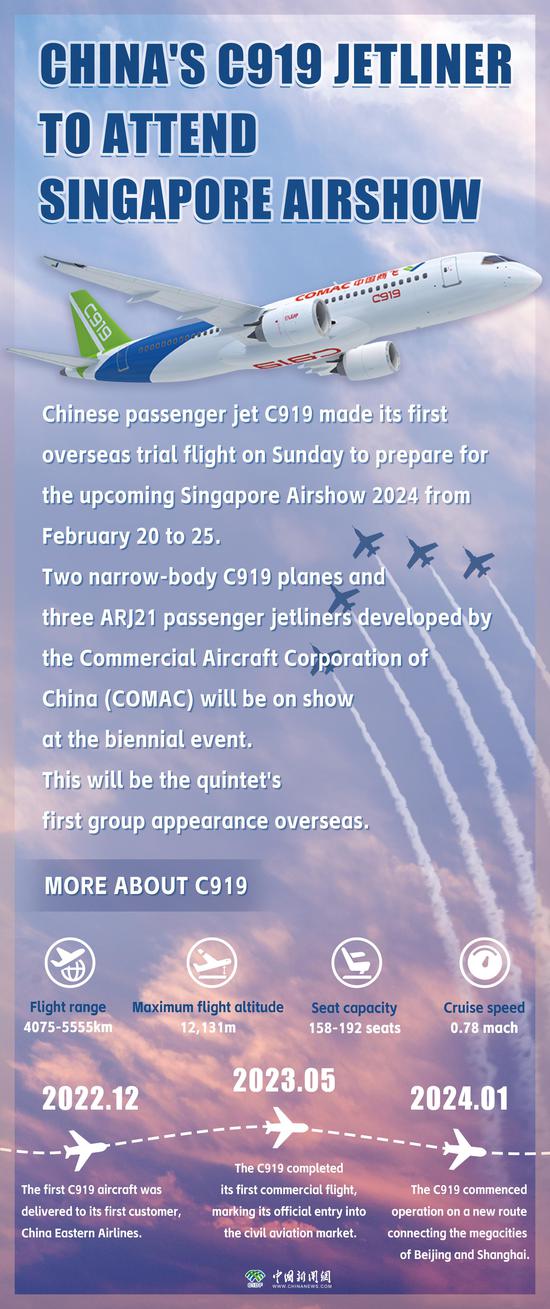
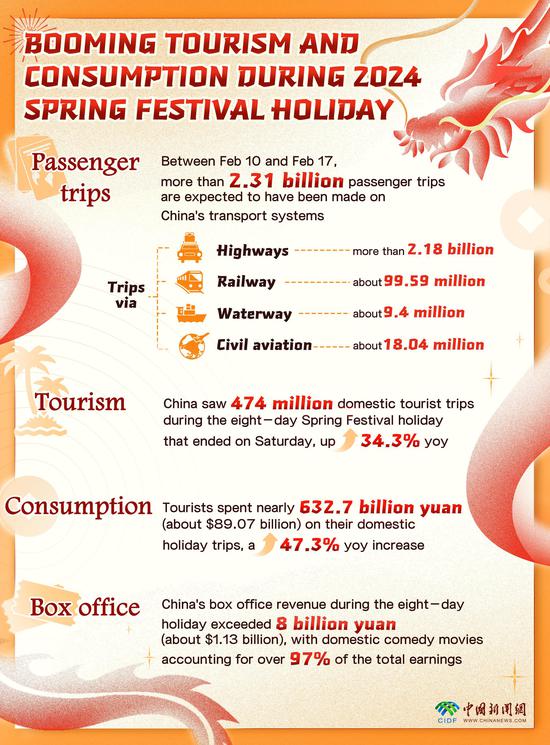
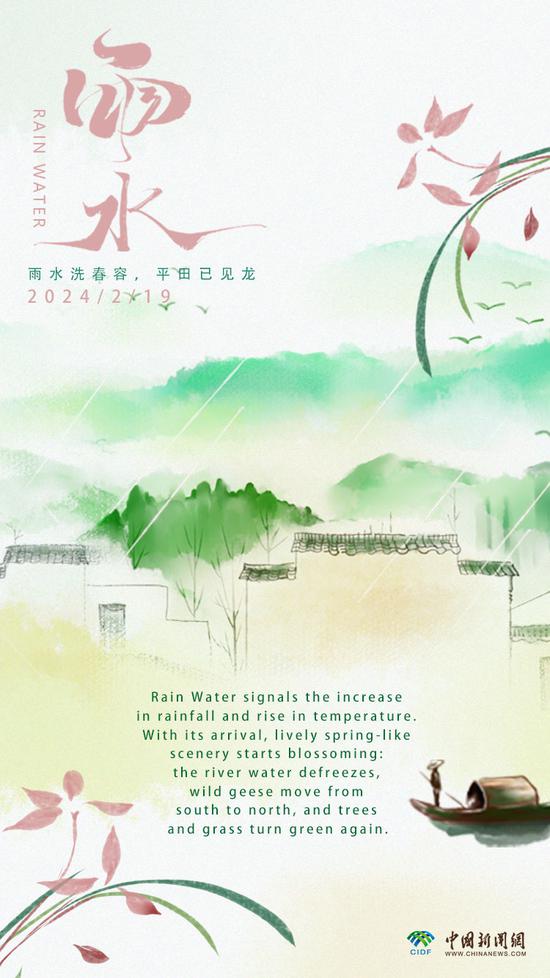

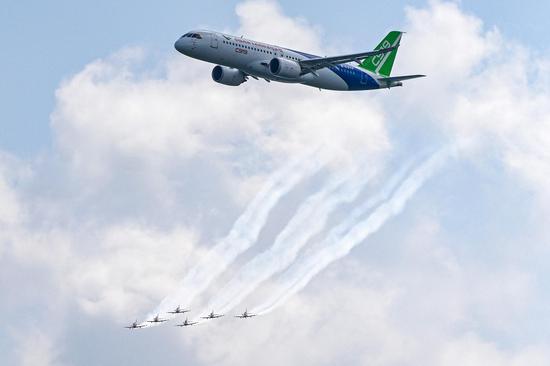
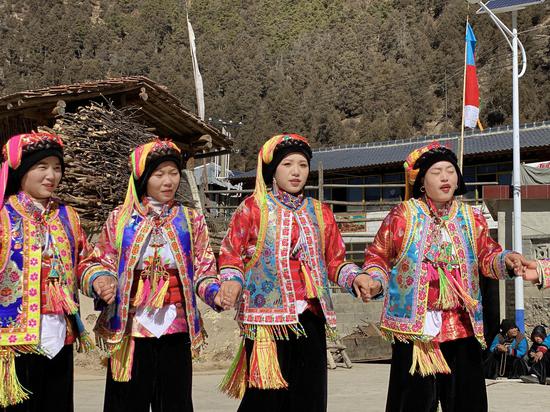

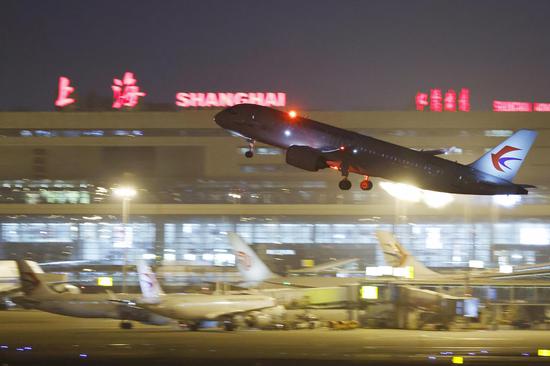
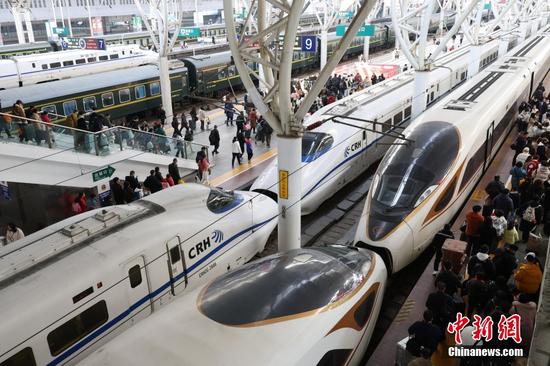
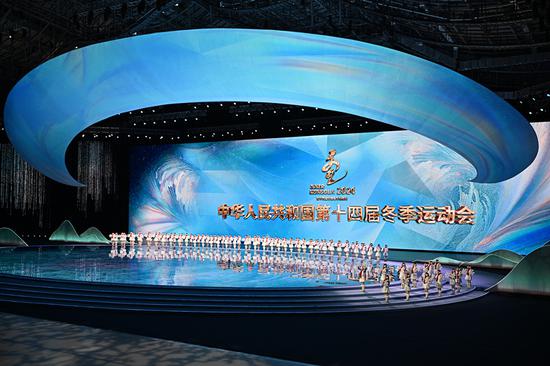

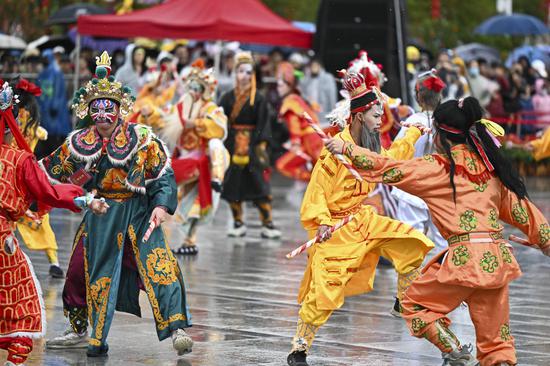


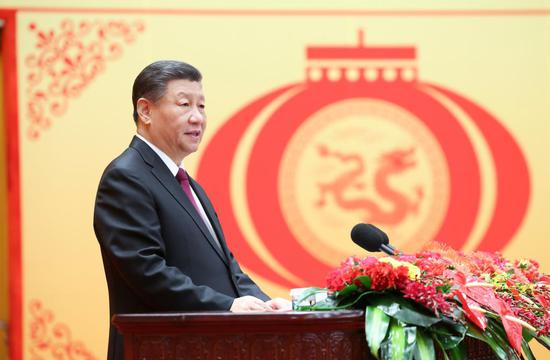
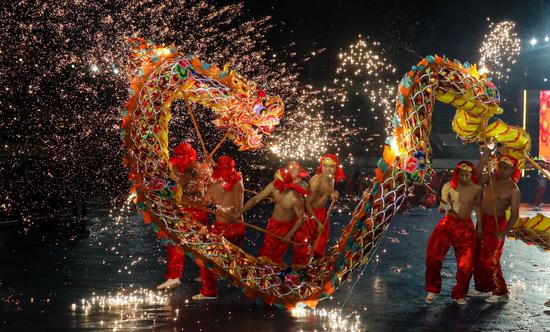
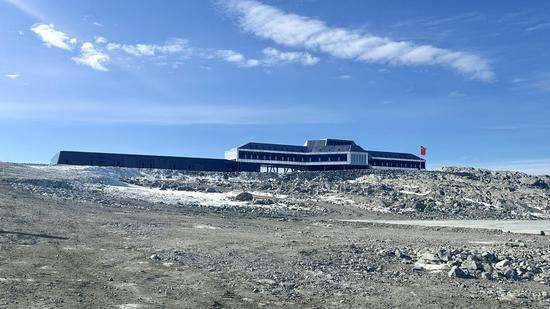
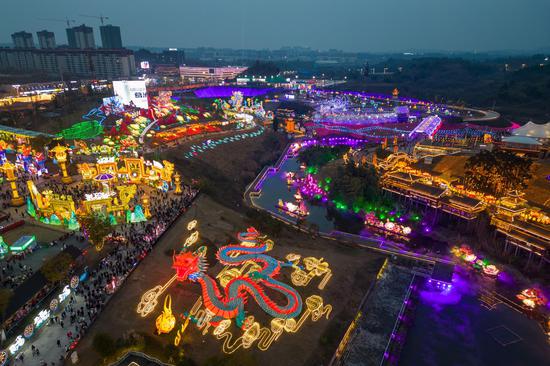
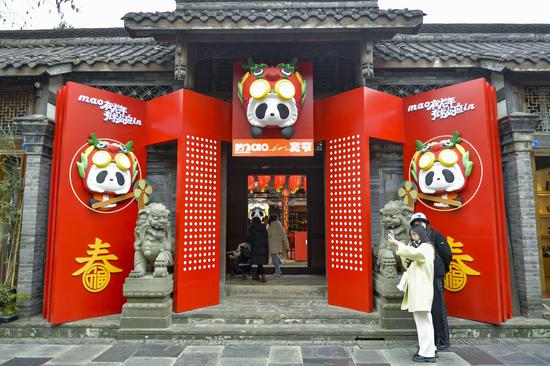
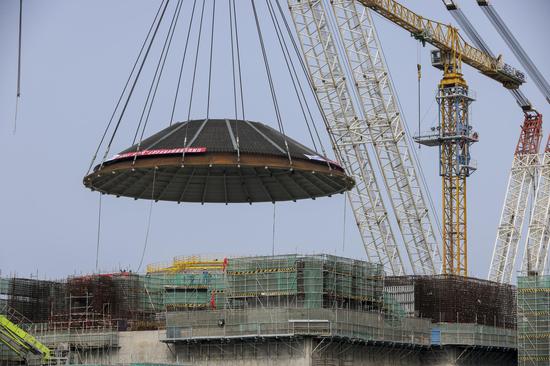

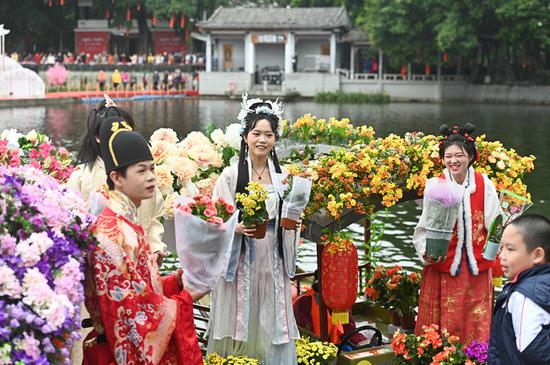
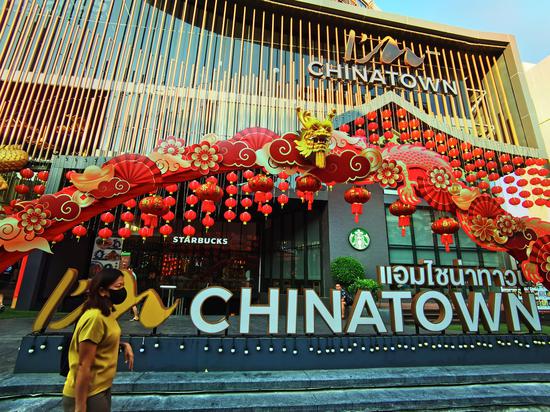

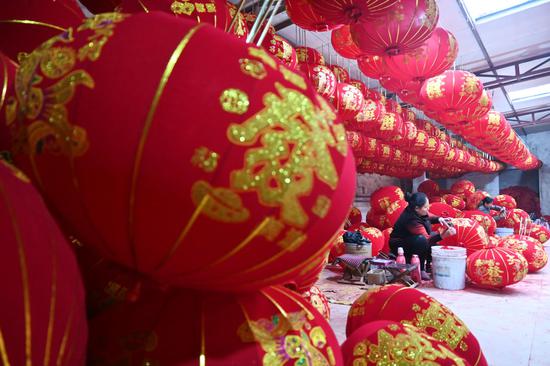
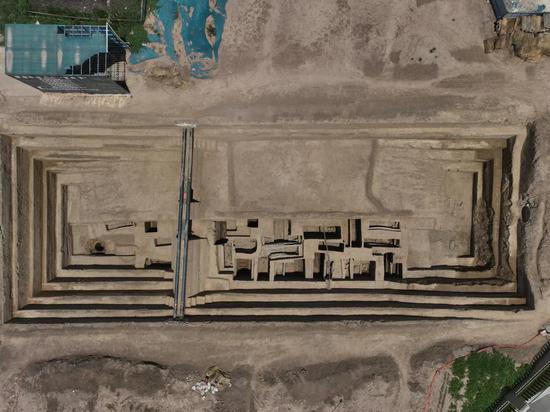
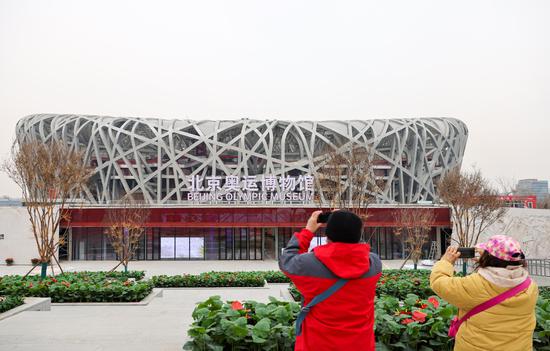
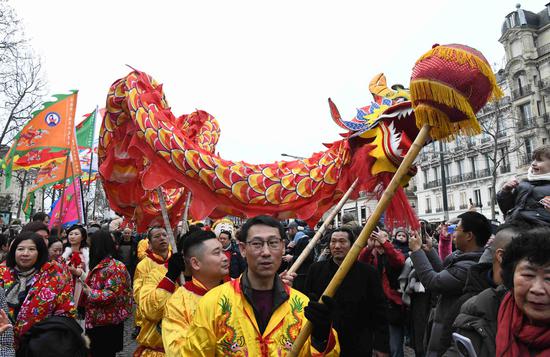
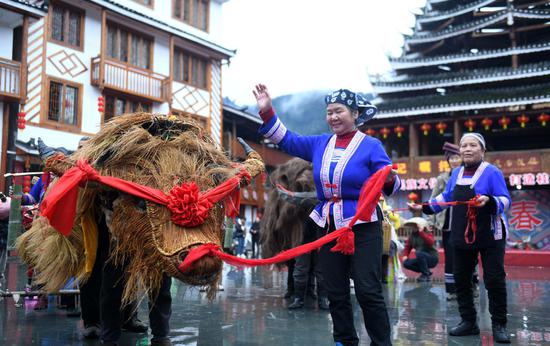
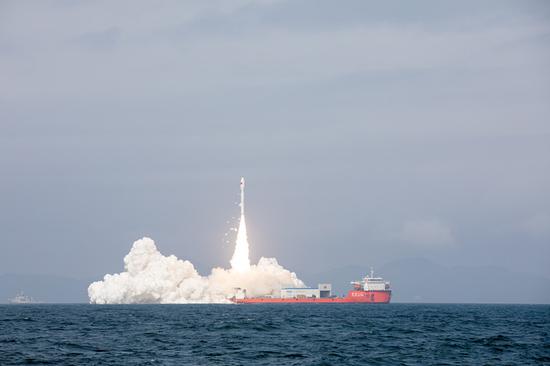


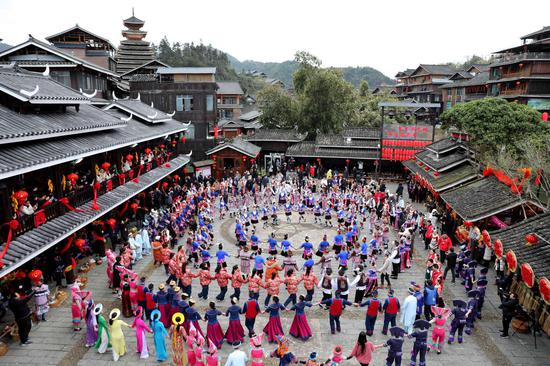
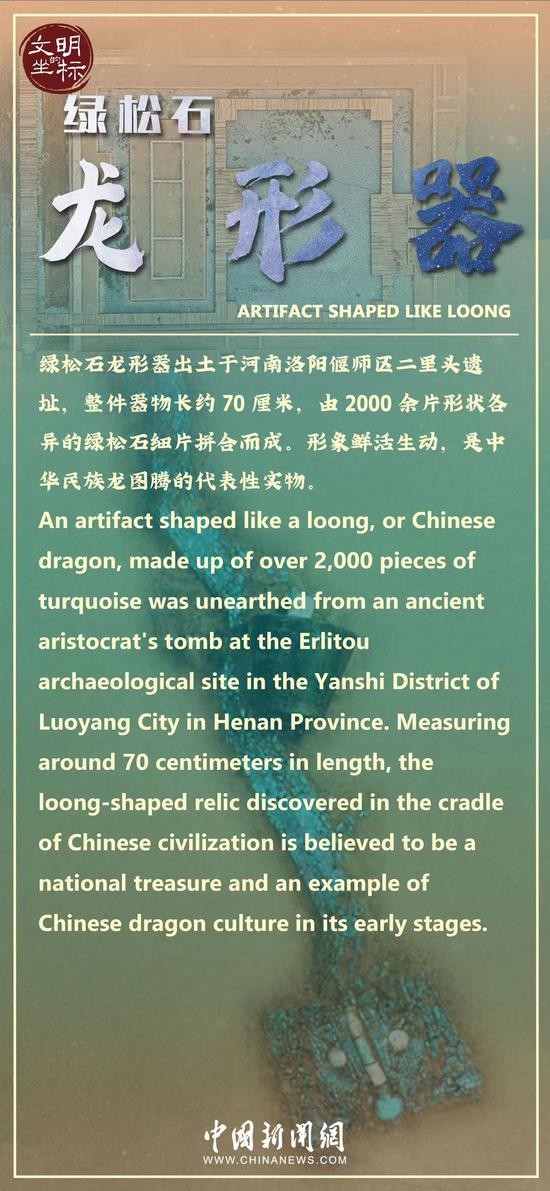
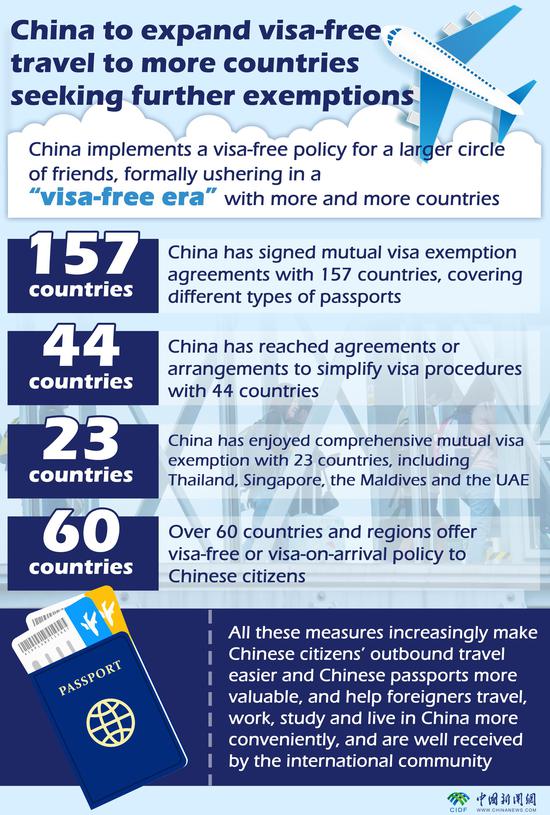
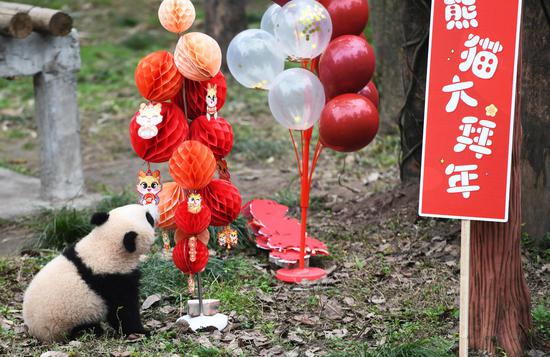
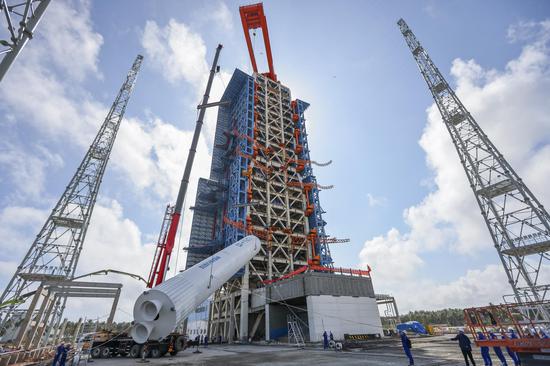





 京公网安备 11010202009201号
京公网安备 11010202009201号